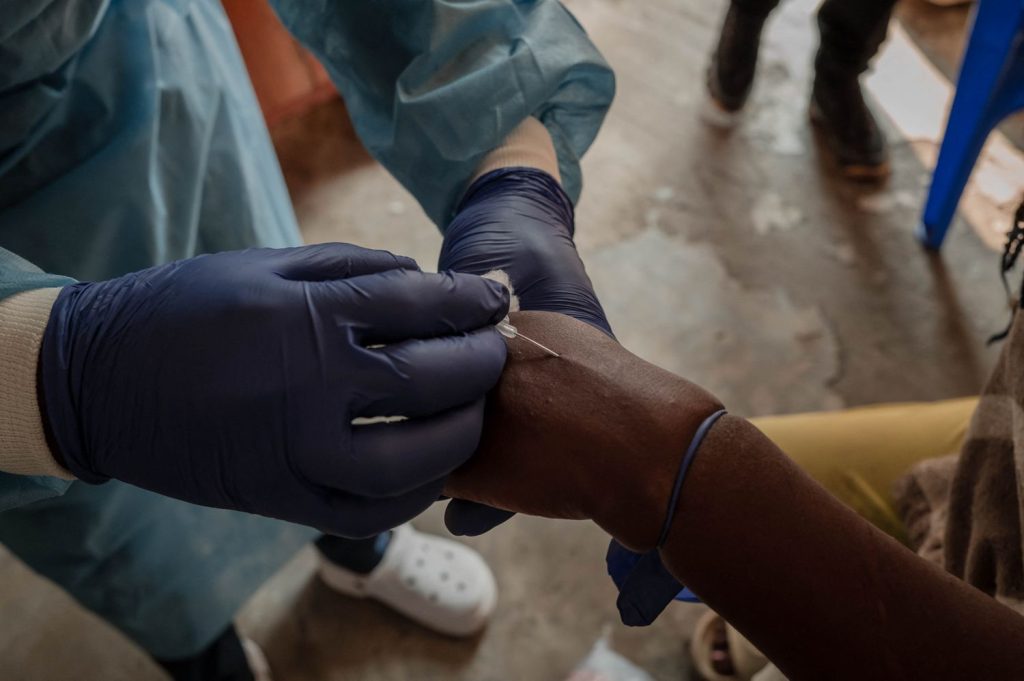Africa has taken a significant step in its fight against mpox with Rwanda becoming the first country on the continent to administer vaccines against the virus. The African Union’s Centres for Disease Control and Prevention (Africa CDC) announced on Thursday that several hundred high-risk individuals in Rwanda received the mpox vaccine earlier this week.
The initial batch of 300 doses was administered on Tuesday near Rwanda’s border with the Democratic Republic of Congo (DRC), which has been the hardest-hit by the virus, reporting nearly 22,000 cases and over 700 deaths between January and August.
Africa CDC Director General Jean Kaseya confirmed that the DRC is set to begin its own vaccination campaign in the first week of October.

Mpox, previously known as monkeypox, is a viral infection transmitted from animals to humans, and can also spread through close physical contact. The virus can be deadly in certain cases, causing fever, muscle aches, and large skin lesions resembling boils.
The World Health Organization (WHO) recently prequalified the MVA-BN mpox vaccine for the first time, enabling international agencies to begin procuring it. The vaccine is currently recommended for adults in a two-dose regimen, with the injections spaced four weeks apart.
Africa CDC reports a total of 29,152 mpox cases and 738 deaths across 15 African nations. Kaseya stressed that the virus is not under control, and noted that testing remains a significant issue, with only half of suspected cases being tested. The agency aims to increase testing coverage to over 80 percent.
In a separate briefing, WHO Director-General Tedros Adhanom Ghebreyesus warned that the mpox virus is causing multiple outbreaks in different regions, with the situation in Burundi and the DRC particularly concerning as cases continue to rise.
Though most mpox-related deaths in the DRC have occurred in children, the WHO has approved “off-label” use of the vaccines in infants, children, adolescents, pregnant women, and immunocompromised individuals. In outbreak settings where vaccine supplies are limited, the WHO recommends administering a single dose. Data suggests a single dose offers 76 percent protection against the virus, while two doses increase effectiveness to 82 percent.


